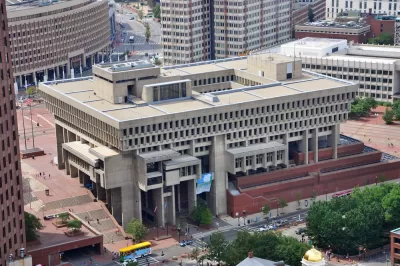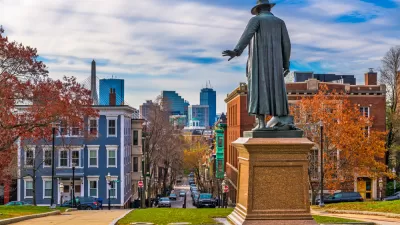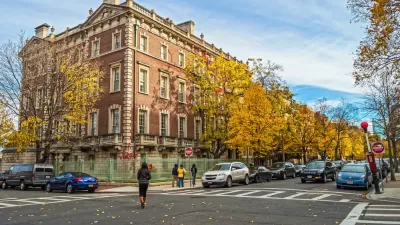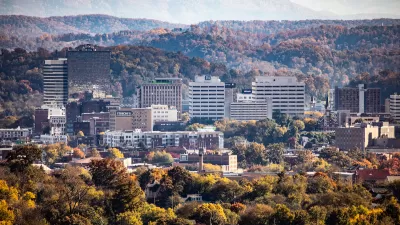Mayor Wu recently overhauled the makeup of Boston’s Zoning Board of Appeals, but bigger changes will be necessary to depoliticize the city’s development approvals process.

The Boston Globe Editorial Board describes the city’s Zoning Board of Appeals (ZBA) as having “something of a stranglehold on small and mid-sized building projects throughout the city.”
So the Editorial Board welcomes a recent shakeup of the ZBA [paywall] by Mayor Michelle Wu, who is a longtime critic of the ZBA [paywall] and the politics of the city’s development approvals process. Wu’s past reform proposals included calling for ZBA appointees to have climate change and urban planning expertise, rather than being required to come from specific interest groups such as the Building Trades Council, the Boston Society of Architects, and the Greater Boston Real Estate Board.
But Wu is still working within those parameters with the recent appointments, so the editorial is only cautiously optimistic that the shakeup might work as the mayor intends. “But it doesn’t solve the larger issues that she was so intent on solving — providing diversity of professional backgrounds and skills without leaving board members open to charges of insider dealing or even intentional insider obstructionism,” according to the editorial.
Barring the state-level approval that would be required to substantively change the ZBA, the Boston Zoning Commission, which has purview over the city’s zoning code, could also improve the city’s approval process.
In the meantime, however, Boston’s ZBA is expected to continue to review hundreds of appeals for small projects “that in every other city and town would be routine building permit matters — a roof deck or garage or an in-law apartment,” reads the editorial.
FULL STORY: Wu cleans house at zoning board [paywall]

Alabama: Trump Terminates Settlements for Black Communities Harmed By Raw Sewage
Trump deemed the landmark civil rights agreement “illegal DEI and environmental justice policy.”

Planetizen Federal Action Tracker
A weekly monitor of how Trump’s orders and actions are impacting planners and planning in America.

Why Should We Subsidize Public Transportation?
Many public transit agencies face financial stress due to rising costs, declining fare revenue, and declining subsidies. Transit advocates must provide a strong business case for increasing public transit funding.

Understanding Road Diets
An explainer from Momentum highlights the advantages of reducing vehicle lanes in favor of more bike, transit, and pedestrian infrastructure.

New California Law Regulates Warehouse Pollution
A new law tightens building and emissions regulations for large distribution warehouses to mitigate air pollution and traffic in surrounding communities.

Phoenix Announces Opening Date for Light Rail Extension
The South Central extension will connect South Phoenix to downtown and other major hubs starting on June 7.
Urban Design for Planners 1: Software Tools
This six-course series explores essential urban design concepts using open source software and equips planners with the tools they need to participate fully in the urban design process.
Planning for Universal Design
Learn the tools for implementing Universal Design in planning regulations.
Caltrans
Smith Gee Studio
Institute for Housing and Urban Development Studies (IHS)
City of Grandview
Harvard GSD Executive Education
Toledo-Lucas County Plan Commissions
Salt Lake City
NYU Wagner Graduate School of Public Service





























